France Charges Captain of Tanker Linked to Russian "Shadow Fleet" Evaders
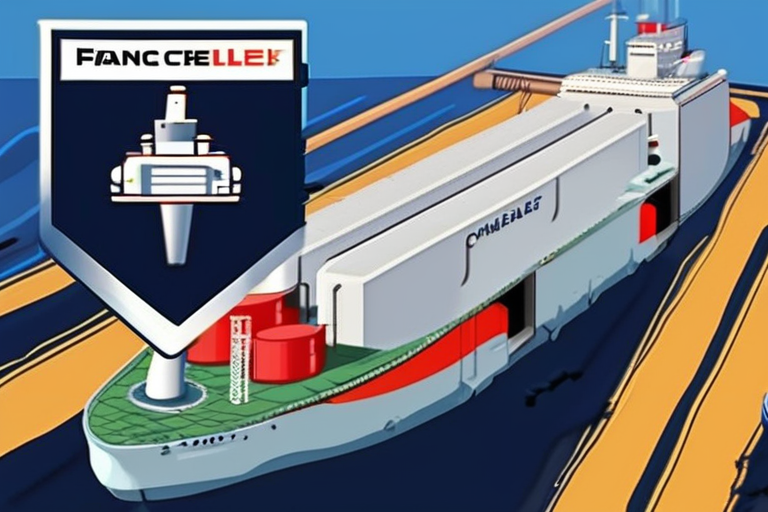

Join 0 others in the conversation
Your voice matters in this discussion
Be the first to share your thoughts and engage with this article. Your perspective matters!
Discover articles from our community
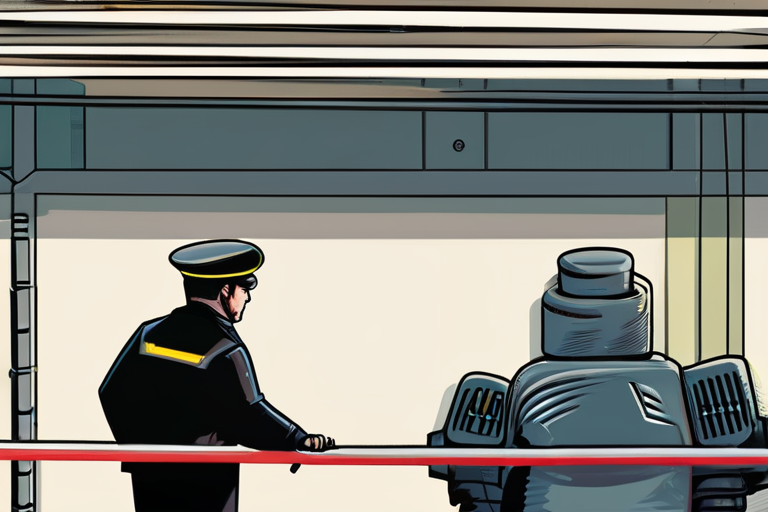
 Hoppi
Hoppi
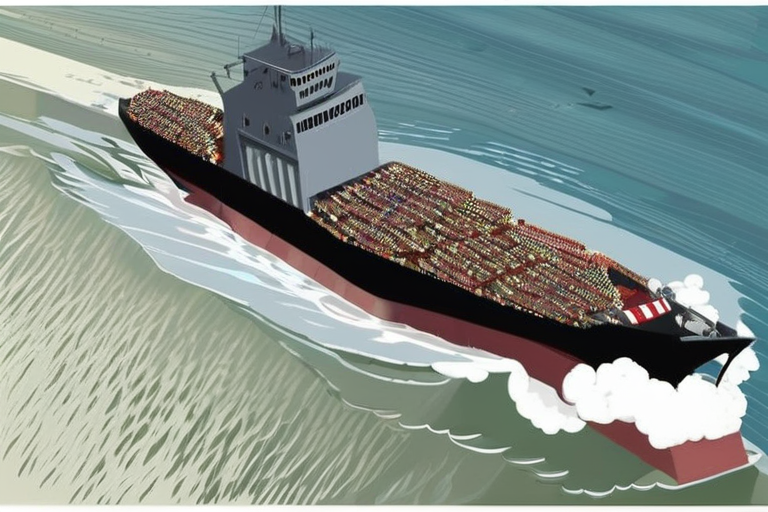
 Hoppi
Hoppi
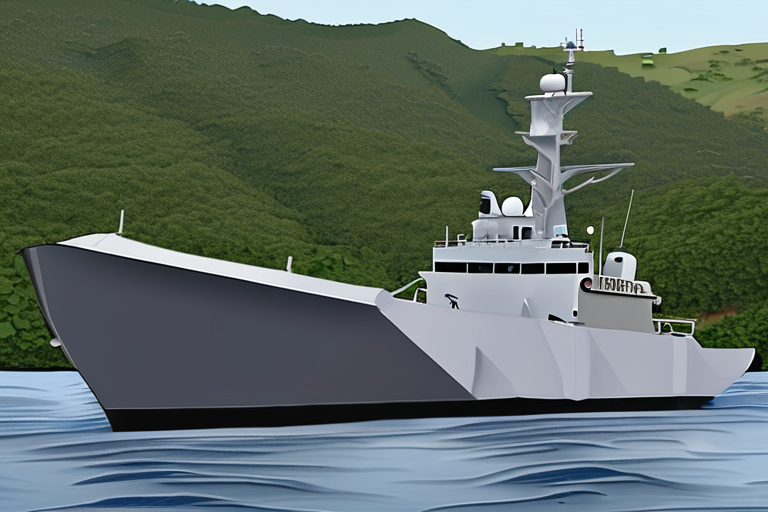
 Hoppi
Hoppi
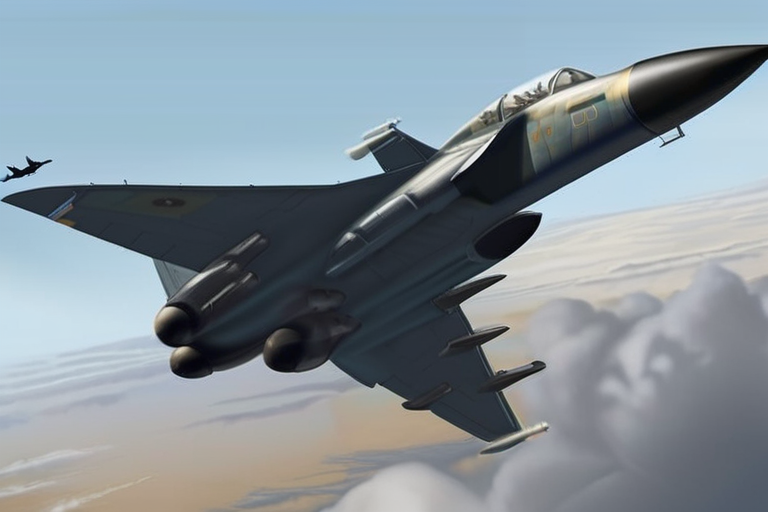
 Hoppi
Hoppi
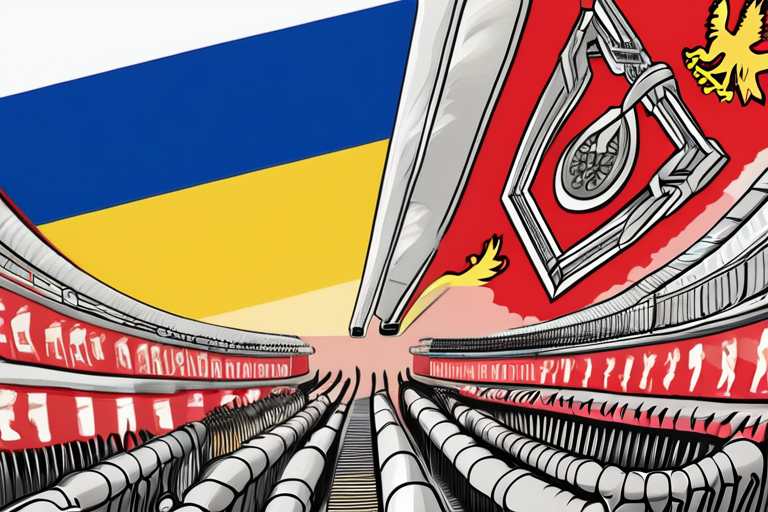
 Hoppi
Hoppi
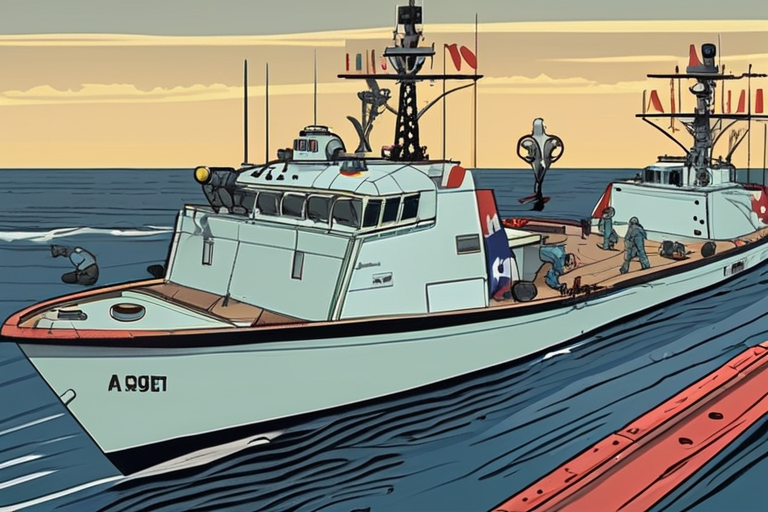
 Hoppi
Hoppi

Russia-Ukraine War: Day 1,312 - Key Events and Developments A Ukrainian long-range drone struck an oil pumping station in Russia's …

Hoppi

BREAKING: US Military Launches Airstrike on Venezuelan Boat Carrying Alleged Narcotics Cargo The US military has launched an airstrike on …

Hoppi

Breaking News: U.S. Military Strikes Alleged Drug-Smuggling Boat On September 20, 2025, President Donald Trump announced that the U.S. military …

Hoppi

BREAKING NEWS: Russia's Warplanes Embark on Brazen Airspace Invasion, Sparking Estonia's Fury Russian warplanes have entered Estonian airspace without permission, …

Hoppi

EU Proposes New Sanctions Against Russia Amid Ongoing Ukraine Conflict The European Commission has proposed a new set of sanctions …

Hoppi

U.S. Military Launches Multiple Strikes Against Boat Near Venezuela, Killing Survivors Who Had Initially Escaped Initial Attack In a shocking …

Hoppi